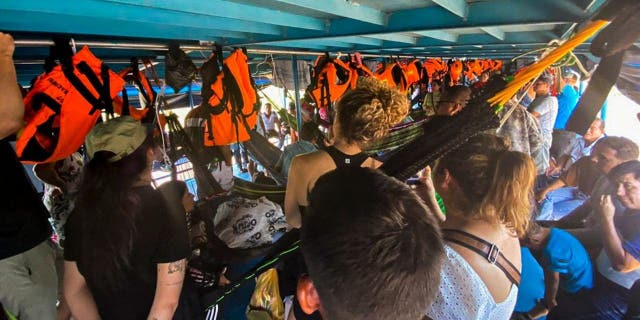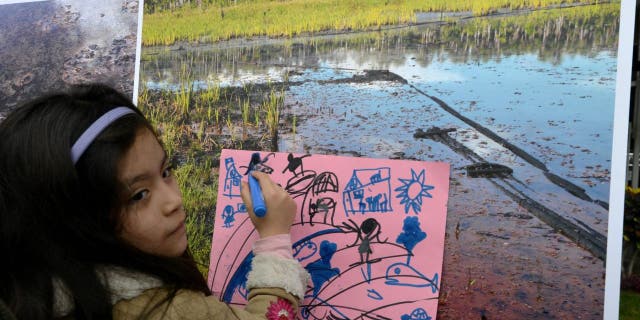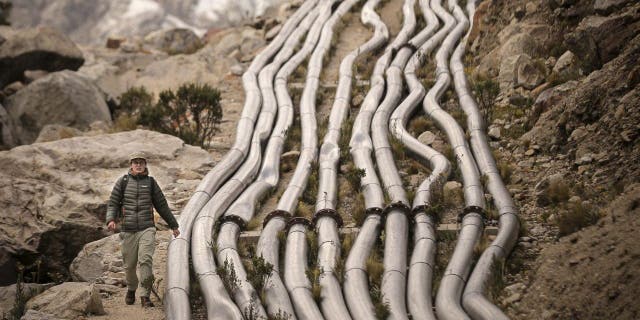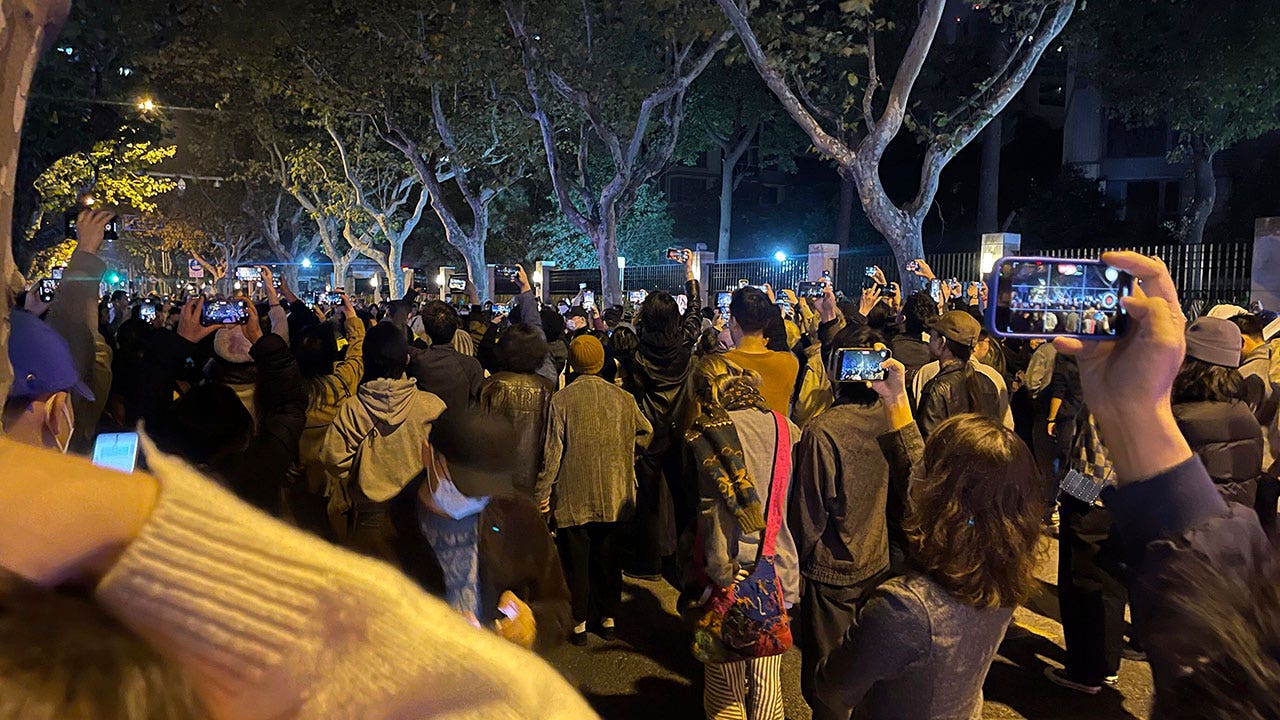At least 10 Americans held hostage with a group of more than 240 tourists on a riverboat in Peru have been released, according to reports Friday.
Some 248 people, including children, pregnant women and elderly, were held by activists from an indigenous group protesting recent oil spills that have polluted their lands.

Foreign and Peruvian tourists wait in the boat where they have been detained in Loreto, north of Peru, on Nov. 4, 2022.
(Angela Ramirez/AFP via Getty Images)
The State Department did not provide specific information on the hostage situation, but a spokesperson said the U.S. embassy in Lima was “in communication with relevant Peruvian government and law enforcement authorities.”
“We are aware of reports that all passengers have been rescued. We have no further comment at this time,” they added.
It is unclear how long the tourists were held or what the conditions were, but, according to an ABC News report, the hostages had been released Friday.
In addition to the Americans, 228 Peruvian citizens and British, Swiss, Spanish and French nationals were reported to have been on board.
One official for the group told the publication they had no intention of harming the hostages.

A little girl takes part in a protest by activists in front of Peru’s oil company PetroPeru in Lima on Sept. 21, 2017, to support the Achuar, Kichwa and Quechua Amazonic tribes affected by oil industry activites on their ancestral lands.
(Cris Bouroncle/AFP via Getty Images)
COLOMBIA’S FORMER PRESIDENT DUQUE WARNS COCAINE LEGALIZATION WILL CAUSE ‘MAJOR’ US SECURITY THREAT
The indigenous activists reportedly intended to get the attention of government authorities in Lima to draw focus to a leaky oil pipe that has caused the community and their land trouble for decades.
A Sept. 5 leak from the near 500-mile long Norperuano Pipeline reportedly affected five communities in Nacion Chapra territory and a second leak, on Sept. 16, specifically affected the Cuninico community.
According to the nonprofit Earth Rights International, the oil spills have directly contaminated rivers and streams the indigenous communities rely on for drinking and fishing.
Crop yields have also reportedly been affected by toxin contamination in the soil.

Noa Walker Crawford, a British external consultant on climate change, walks next to pipes as he leaves the Palcacocha Lake, located at 4,650 meters above sea level at the Huascaran National Park, in Huaraz, northeastern Peru, on May 23, 2022.
(Luka Gonzales/AFP via Getty Images)
CLICK HERE TO GET THE FOX NEWS APP
The group reported that between 1996 and 2006 the pipeline owned and operated by the Peruvian government saw at least 37 oil spills.
The indigenous communities have called on the government to fix the pipeline to prevent more devastation to the land and community’s welfare.
 Iktodaypk Latest international news, sport and comment
Iktodaypk Latest international news, sport and comment






